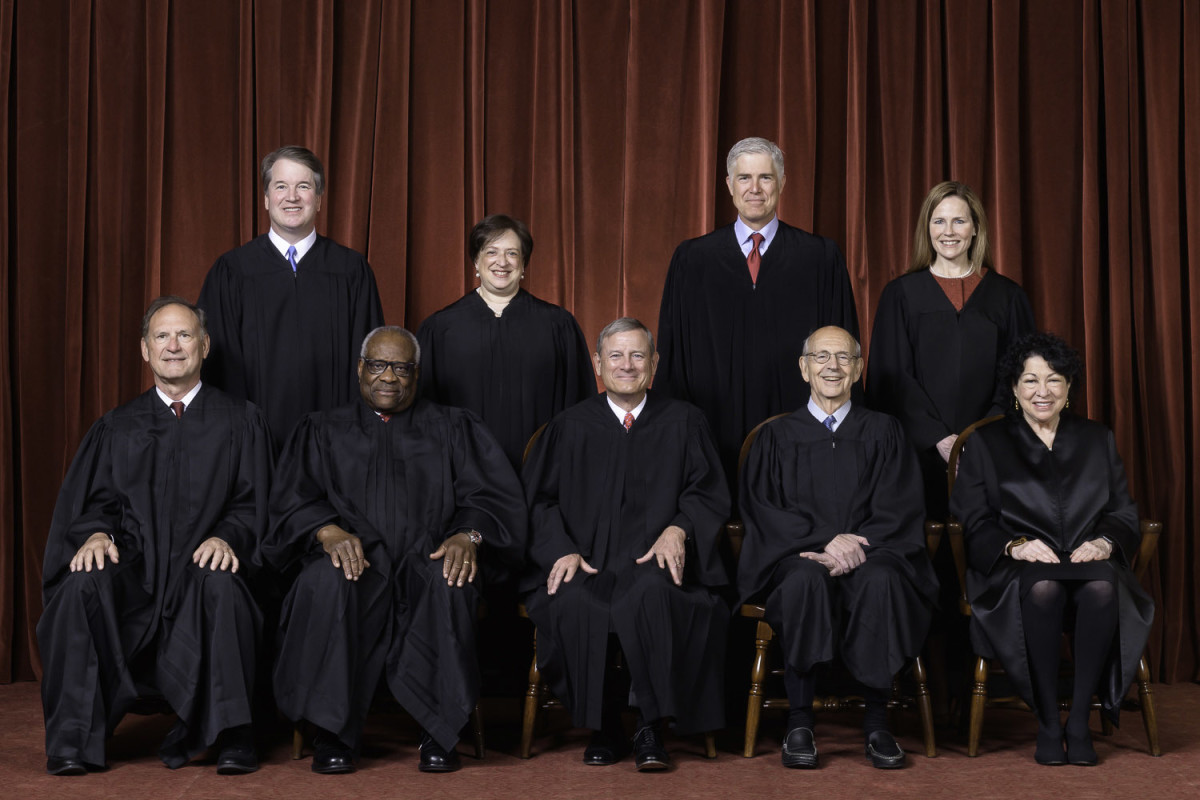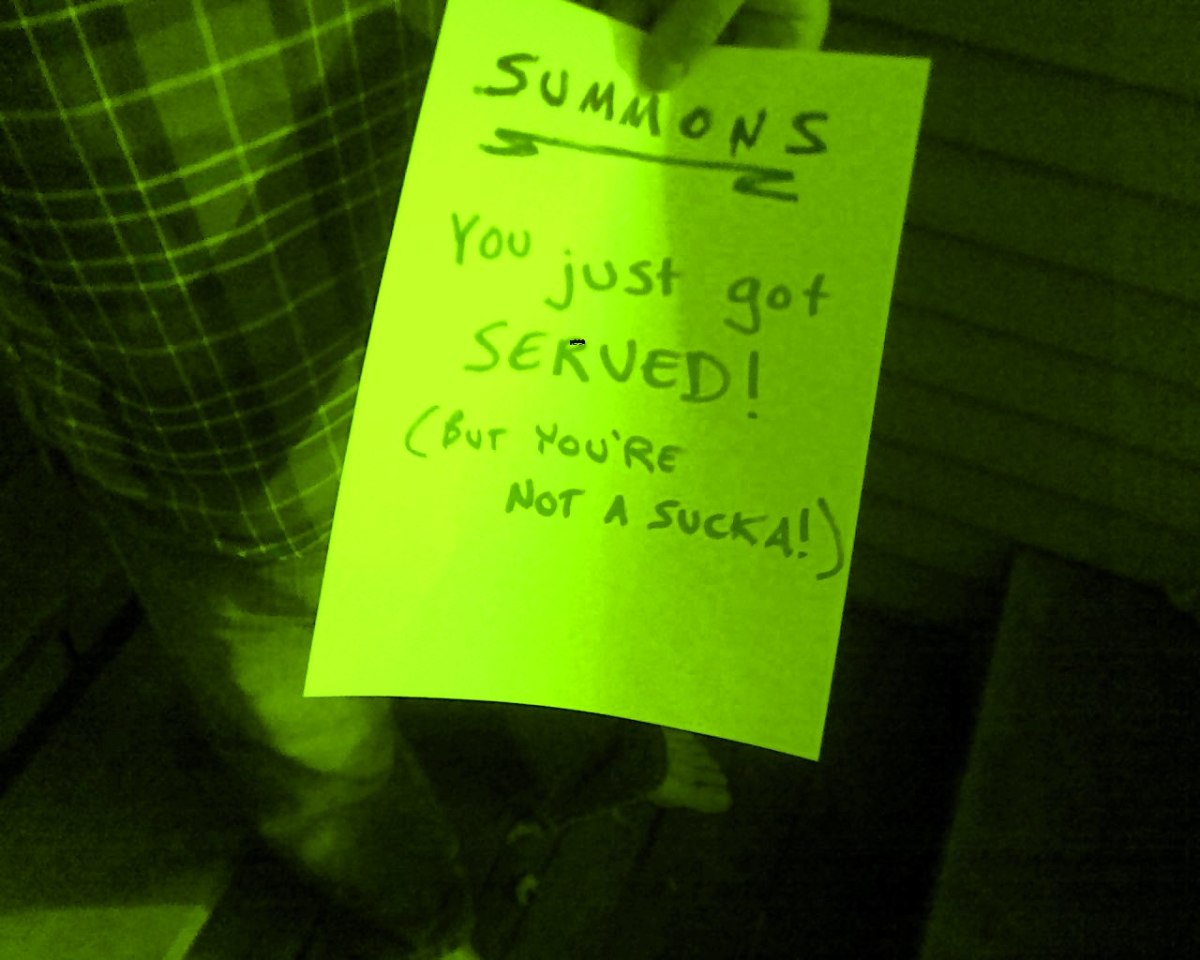Before You Apply to Law School
Should You Apply to Law School?
For some college students, a bachelor's degree is not the end of their education - it is but a step towards graduate school. Unless you've focused your undergraduate degree on a particular field (i.e., pre-med or computer science), you may be wondering what options you have with respect to graduate programs. Among many to choose from is the pursuit of a law degree, or juris doctorate (J.D.)
No particular college major is required for you to apply to law schools. The applicant need only have obtained an undergraduate degree and taken the LSAT (law school admission test). Depending on the schools you may be considering, however, certain college majors are more impressive than others. In law school, my friends generally had majors in the areas of political science, economics, sociology, and journalism.
How Long is Law School?
The typical law school program is 3 years. Each class is called "first years," "second years," or "third years." At least where I attended school, no one referred to students as "1L" or "2L," etc. Some law schools now offer part-time and/or night programs, which can take longer to complete than 3 years. In addition, you may decide to pursue a joint degree in law and business (MBA), which will usually take an additional year for a full time student.
How Expensive is Law School?
It certainly isn't cheap, just like other higher education programs. At a public university, with in-state tuition, each year can cost as much as $25,000. Add the cost of books, living expenses, room and board, and you'll be looking at graduate school debt of $100,000 and up.
Tuition at private universities can range wildly. Expect to pay no less than $40,000 per year, and as much as $80,000 per year. That's right, you could owe more than $250,000 when you graduate, when you add in other expenses! That's about twice the average starting salary of a private law firm associate.

How Hard is it to get into Law School?
Admission to law school is usually very competitive, across the board. Some schools are notoriously difficult to get into, like Harvard, Yale, Boalt Hall (Berkeley), University of Chicago, Michigan and Stanford. But if your sights are not set that high, you'll probably find that even state universities and smaller schools have rigorous admission standards. Most applicants will have a grade point average (GPA) of at least a 3.5 in their undergraduate work. Scores on the LSAT figure in, as well. The highest possible score is 180. You'd better have at least a 165 to have a good shot. Finally, it is important to have a killer essay and resume, showing how well-rounded you are. The application fees for each school will run you about $50-100, or more. Do your research ahead of time and assess the reality of admission into the schools to which you are applying.
What do you learn in Law School?
Even if you don't end up practicing law, the education you get in law school can be invaluable. During the first year of law school, students generally study principles of contract law, real property, criminal law, and constitutional law. Each and every day, people can be faced with issues related to proper interpretation of a contract, ownership of their property, and constitutional rights. Obviously, you hope that you don't encounter criminal law issues in your life, but having the knowledge of what constitutes a crime (starting with intent), may be useful in the future for you to advise your friends or family members.
Law school involves a lot of reading and detailed analysis. It also requires you to think on your feet. The Socratic method used by most law schools involves the professor asking people at random about what they thought of a particular case, or legal principle. Each answer leads to another thought, question or independent answer.


What if I decide I don't want to practice Law?
You don't necessarily have to be an attorney after you obtain a law degree. Some people decide that they don't even want to sit for the bar examination, required in each state before they will issue a license to practice law. Others decide after a few years, that the practice of law is just not that wonderful. It certainly isn't as it is portrayed in legal thrillers, like "Boston Legal," or in John Gresham's books. Working for a private law firm can be stressful with billable hour requirements of 1800-2200 in the largest, best-paying firms. New associates may not have meaningful client contact for many years.
There are a number of careers that are available to those educated with a law degree, including instruction (at a law school or community college), in-house positions at a corporation (the best of which would include Microsoft, Starbucks, Costco, etc.), corporate positions, other than legal counsel positions, writing/publishing, governmental positions (elected or otherwise). You can even run for president!
You will probably not regret obtaining a law degree. The value of the education is worth at least as much as the tuition - in most cases! Although private practice lawyers may recoup their investment more rapidly than others, there are still a number of alternatives for those that obtain the degree but decide that they are not cut out for practicing law.
Probably one of the biggest misconceptions is that you'll get rich practicing law. Only after grueling years in practice - usually at least 8 before you become a partner - and then at least 4 additional years thereafter, will you truly see the profits of a private attorney. Any other avenue, and you are basically working on principle alone. A few in-house positions will pay well, but those are few and far between. Not to mention, there is a great deal of competition for the best legal jobs.

Considerations Before you Apply to to Law School
The decision whether or not to go to law school should be multi-faceted. Cost, time, and potential profit should all be considered. It could be many years (if not decades) before you recoup your investment in higher education.
But, if you have a passion for the legal field, don't let that dissuade you. There are plenty of professions that can be well-paying, and other services to help you minimize the impact of your decision to get a legal degree.
I wish you the best of luck!
© 2008 Stephanie Marshall








